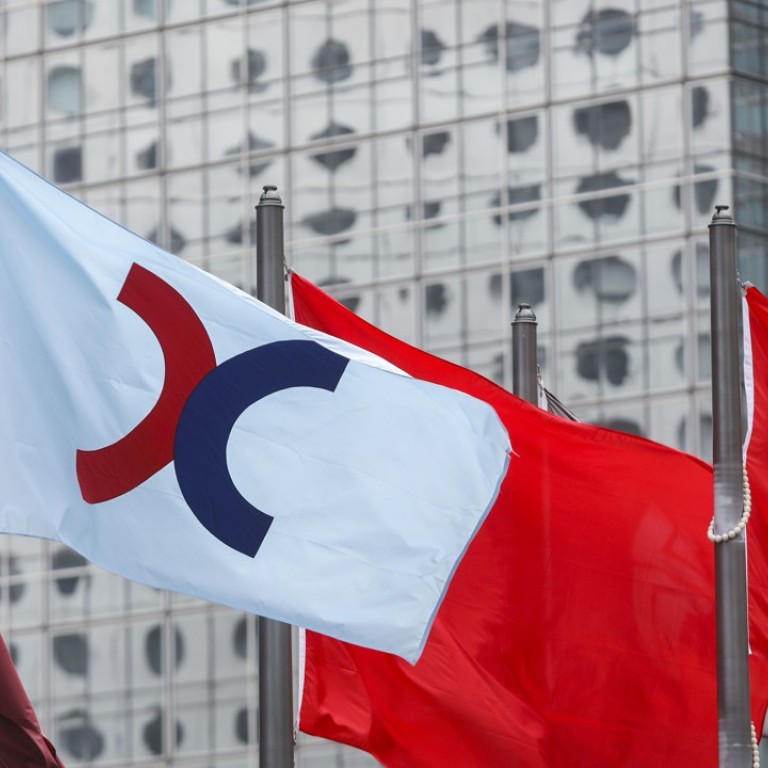
Hong Kong stock exchange defers consultation on further listing reform in latest blow to tech IPO ambitions
Setback for listing reforms which have so far failed to generate the much hoped-for slew of applications from big technology firms eager to raise capital on the city’s bourse
Hong Kong’s stock exchange operator has deferred a planned consultation on expanding listing reforms to allow corporate investors to own premium shares with greater voting rights in companies that have a so-called dual-class share structures.
The decision is a further setback for the sweeping reforms, which have so far failed to generate the much hoped-for slew of applications from big technology firms eager to raise capital on the city’s bourse.
The exchange introduced new rules in April to allow companies with dual-class shareholding rights, or weighted voting rights, to list here. The reform allows individual founders or certain key executives of these companies to own shares that carry more voting rights than those of other shareholders. The move was aimed at attracting more technology companies, which tend to favour this structure.
Hong Kong Exchanges and Clearing (HKEX) had said initially it would launch a separate consultation by July 31 on whether it should also allow companies to own the special voting-class shares. The bourse, however, said in a statement on Wednesday that this consultation would not be launched after all.
It said: “Given that the current weighted voting-rights regime has only recently been put in place, the exchange believes it should deliberate further the extended weighted voting-rights regime and should continue to engage with relevant stakeholders to develop a broader consensus on the subject matter.
“Accordingly, the exchange has decided not to launch a corporate weighted voting-rights consultation at this time as initially planned. The exchange will update the market on the subject in due course.”
It marks another setback for the biggest overhaul of the local bourse’s listing rules in 25 years, which was carried out amid high hopes that it would attract technology giants with dual-class shares as well as biotech firms that are yet to generate revenue.
Almost three months on, only two companies with the dual-class shareholding structure – smartphone maker Xiaomi and online food-delivery firm Meituan Dianping – have applied for listing. Hangzhou-based Ascletis Pharma, which is close to commercialising a new drug to treat Hepatitis C in mainland China, is the first pre-revenue biotechnology company to apply for a listing, and has just closed its IPO. There are seven more biotechnology firms that have applied for listings, but they are still awaiting approval.
“This is somewhat disappointing,” said Christopher Cheung Wah-fung, lawmaker for the financial services sector. “We would like to see the HKEX continue its listing reform to accept diversified companies to list, including those with different shareholding structures.
“However, it may be a good move to slow down the pace to allow more parties to discuss further on the reform.”
With Xiaomi’s recent IPO not living up to its expectations of raising US$10 billion and some Chinese tech firms opting to float their shares in the US and Shanghai, Hong Kong could only maintain its No 3 global IPO ranking in the first half, unchanged from a year earlier.
Shanghai and Shenzhen stock exchanges announced earlier this month they would not allow dual-class shareholding companies listed in Hong Kong to be traded by mainlanders via the stock connect schemes, a further blow to the effectiveness of the listing reforms. HKEX chief executive Charles Li Xiao-jia flew to Beijing last week to negotiate, and the three bourses agreed to look at when dual-class companies might be allowed to trade via the stock connect.
Gary Cheung, chairman of the Hong Kong Securities Association, supported the HKEX decision.
“The dual-class shareholding listing reform was only launched three months ago. The market participants and investors still need time to digest the reform. It would be too soon to launch another consultation,” he said.
“The HKEX would be better off focusing on working with the mainland regulators to sort out the issue of mainlanders being able to trade the dual-class shares via the stock connect. That would be more important than making further changes to the listing reform.”

